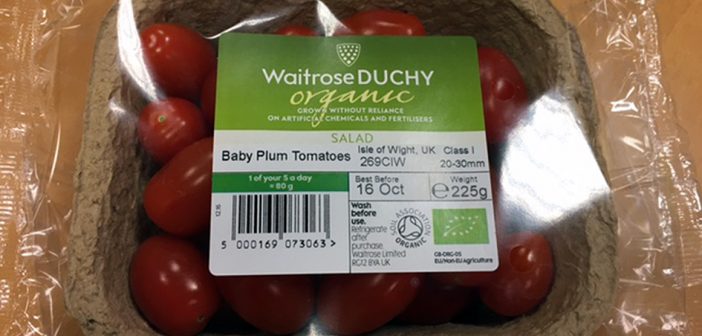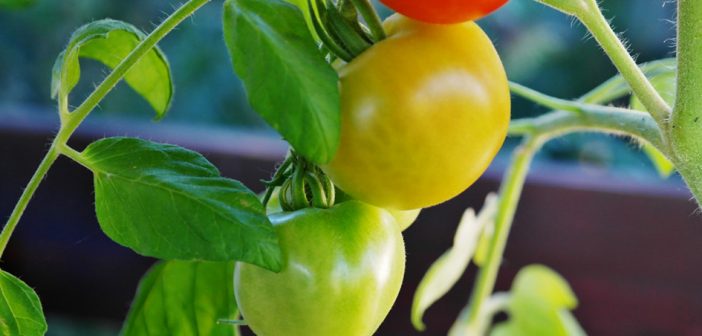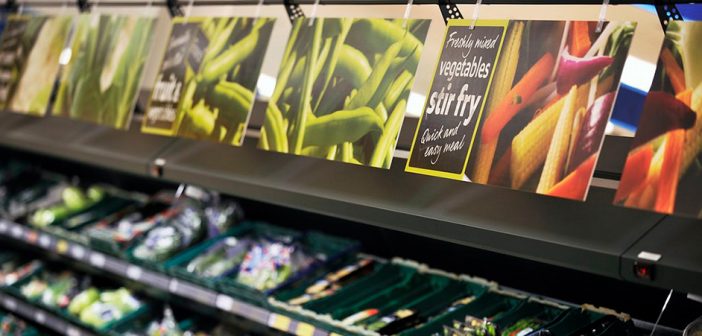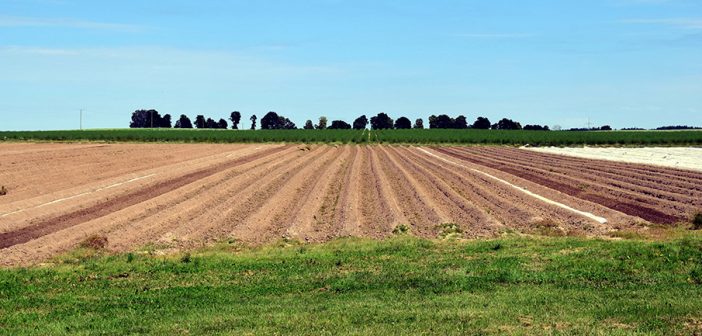A new study has warned that the effects of climate change could significantly limit the global production of vegetable crops and legumes, with an impact on the health of people’s diets.
Researchers led by a team at the London School of Hygiene & Tropical Medicine (LSHTM) warned that without mitigation of the negative impacts on agricultural yields, environmental changes predicted to occur by mid- to end-century in water availability and ozone concentrations would reduce average yields of vegetables and legumes by 35 per cent and 9 per cent respectively. In hot regions like Southern Europe and large parts of Africa and South Asia, increased air temperatures would reduce average vegetable yields by an estimated 31 per cent.
Professor Alan Dangour, senior author at LSHTM, said, “We have brought together all the available evidence on the impact of environmental change on yields and quality of vegetables and legumes for the first time. Our analysis suggests that if we take a ‘business as usual’ approach, environmental changes will substantially reduce the global availability of these important foods. Urgent action needs to be taken, including working to support the agriculture sector to increase its resilience to environmental changes and this must be a priority for governments across the world.”
Dr Howie Frumkin of the Wellcome Trust, which funded the study, added, “This excellent review highlights that some of the most important foods, and some of the world’s most vulnerable people, are at highest risk. This research is a wake-up call, underlining the urgency of tackling climate change and of improving agricultural practices.”
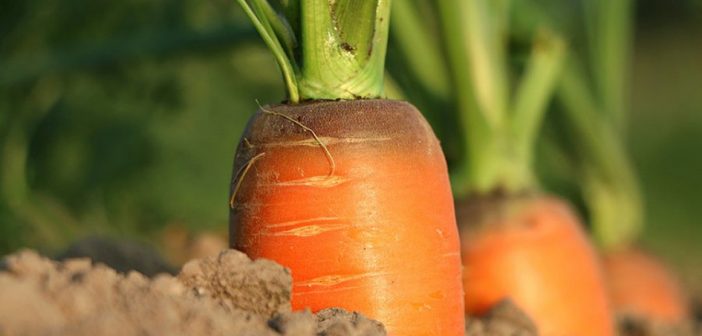
Photo Credit: Pixart Bay
The post Climate change could threaten veg production appeared first on Hort News on 14 June 2018.



